
The invasion of Ukraine has stoked fears among countries close to Russia’s border that Mr Putin will not simply stop at Ukraine, but will push further into Europe.
Those concerns could have a basis in real truth as Belarusian president Alexander Lukashenko appeared to accidentally reveal that the Russian president’s next target would be Moldova, during a televised address.
Mr Lukashenko - often branded Europe’s last dictator - was showing Russian forces possible attack paths into Ukraine on a map, but a section of Moldova appeared shaded in red, suggesting a possible future invasion.
The Independent has gathered the latest responses to Mr Putin’s widely condemned invasion for each country in the vicinity of Russia.
Moldova
Moldova is one of Europe’s smaller countries but not a member of the EU or Nato, the strategic defensive alliance. Its location bordering Ukraine means it will have a key role to play in housing refugees during the conflict.
Moldova has been unequivocal in its condemnation of Russia’s invasion of Ukraine. Maia Sandu, the country’s president, said on Twitter she strongly condemned the “act of war” by Russia against Ukraine”.
More than 70,000 refugees from Ukraine have already entered the former Soviet Union country and the Moldovan president has assured them they will be supported.
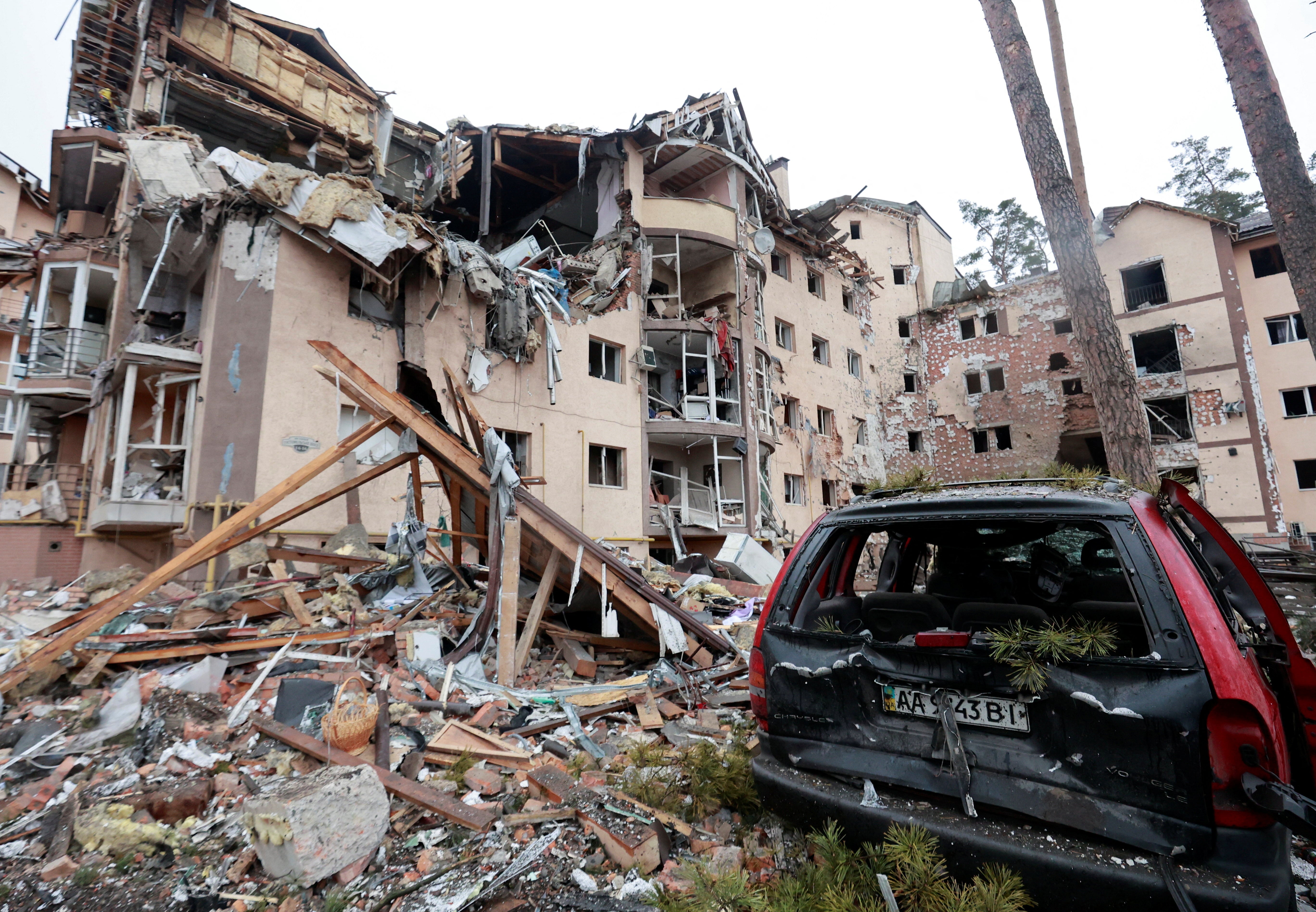
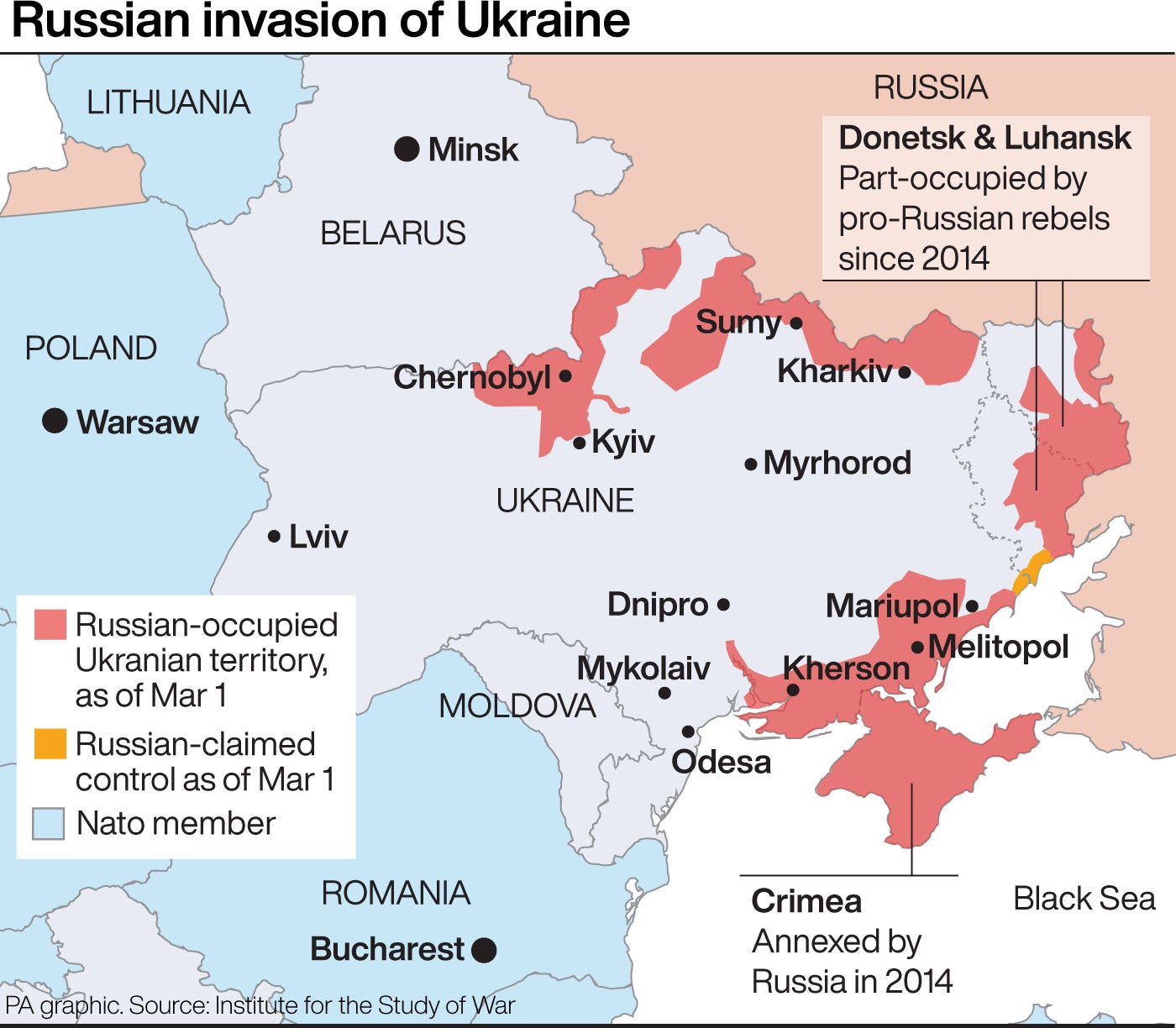
Given its location and status as a former Soviet Union republic it could be under threat from invasion by Mr Putin’s forces, if they are able to subdue Ukraine’s fierce resistance.
Moldova, much like its neighbours Ukraine and Georgia, is keen on EU membership. In an interview with journalists at a hotel in Brussels in December last year, Ms Sandu said: “Moldova wants to become a member of the EU one day”.
Georgia
Georgia, like Moldova, is a former part of the Soviet Union, and declared itself independent in 1991.
The country will be familiar with the situation that is currently occurring in Ukraine as they fought a brief conflict with Russia in 2008.
Georgia has previously said it would be keen on joining the EU and intended to make an application in 2024.
However the country’s president Salome Zourabichvili said the invasion of Ukraine had provided a “window of opportunity” to let non-EU countries near Russia, become members.
The country has assured refugees from Ukraine they will be taken care of and has pledged humanitarian aid. Economy minister Levan Davitashvili said on Monday that “assistance and humanitarian support from our side will continue.”
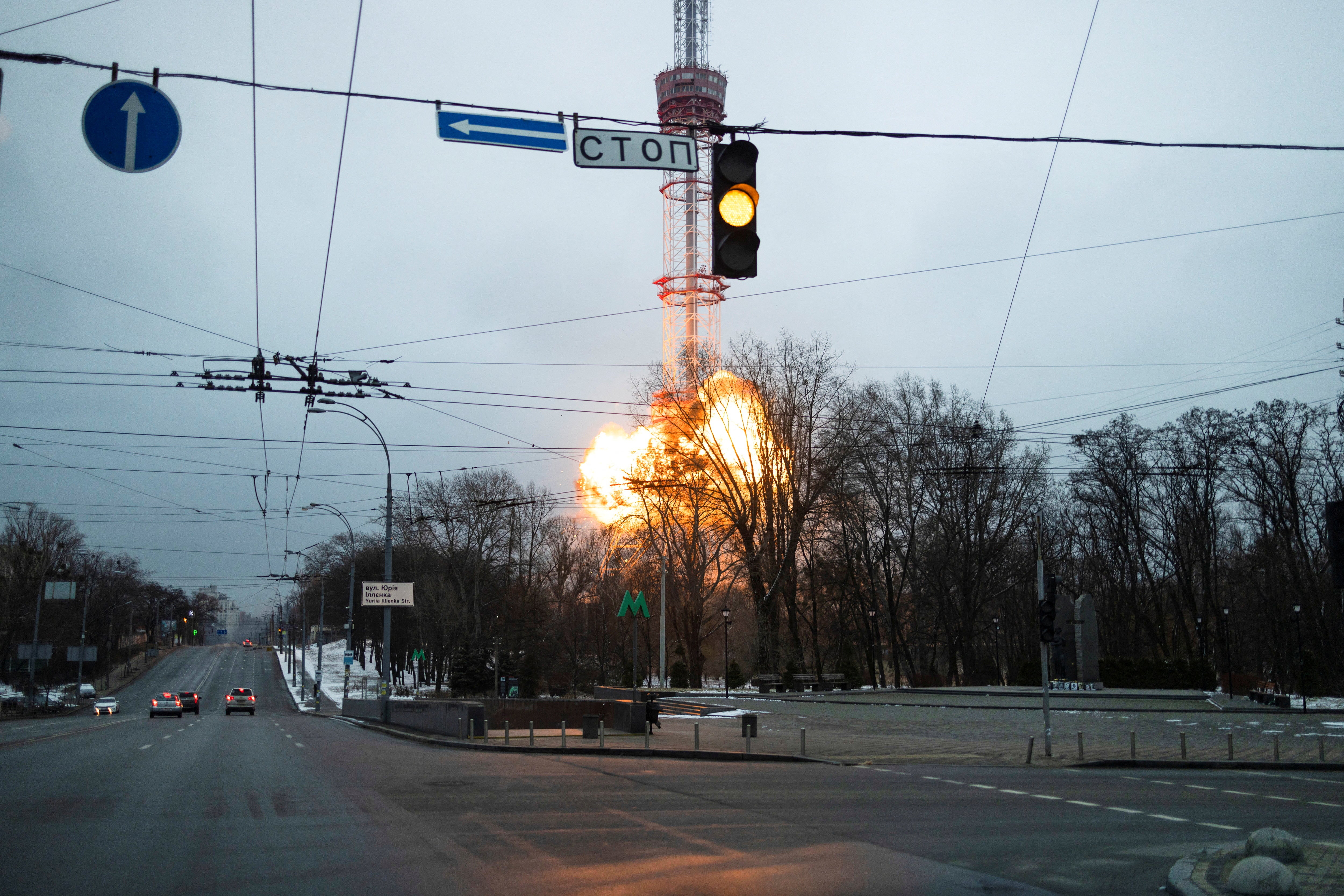
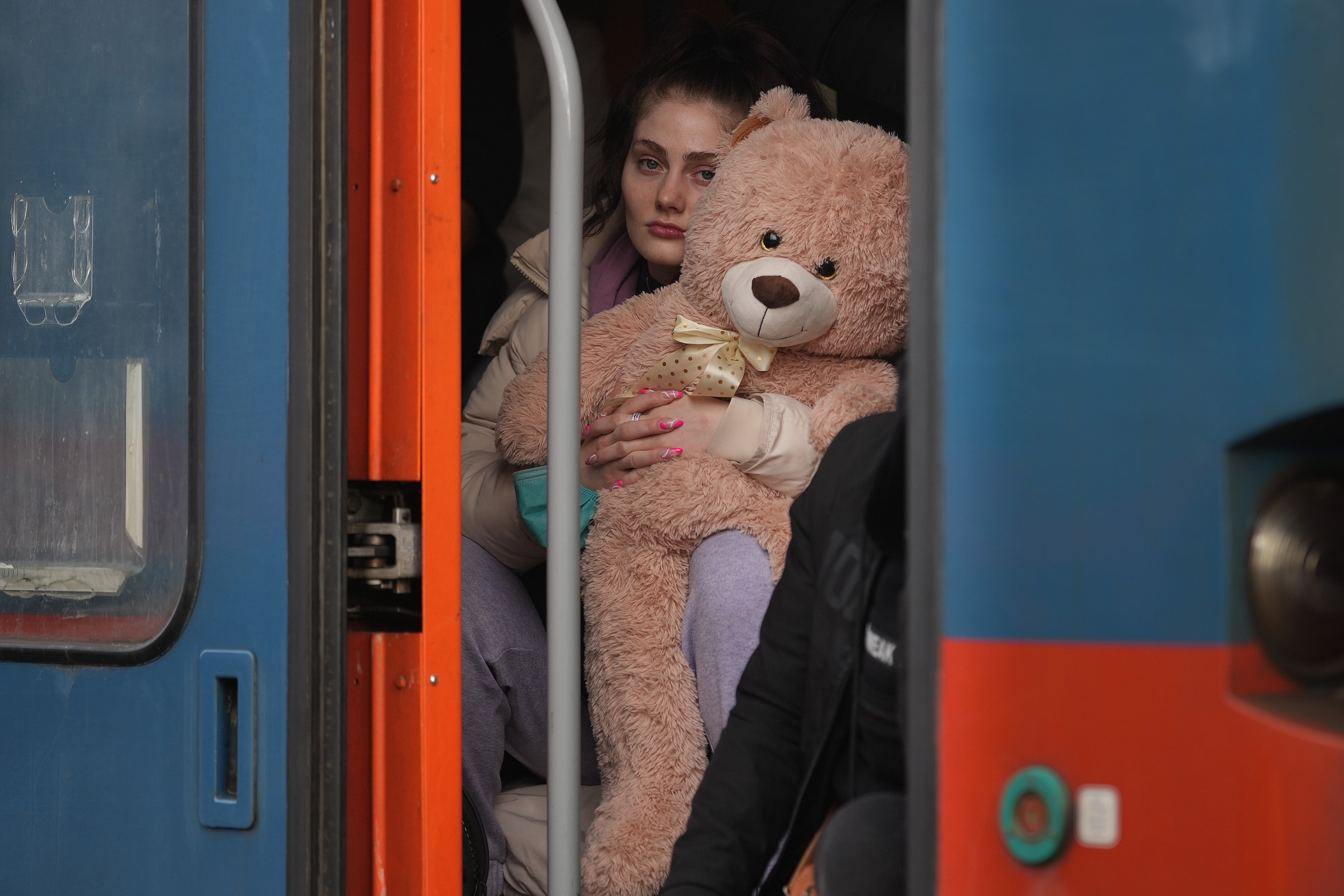
Romania
Unlike its close neighbours Georgia and Moldova, Romania is a member of the EU and a member of Nato, and shares a a 400-mile border with Ukraine.
This has prompted president Klaus Iohannis to say that Romania should raise its defence spending to 2.5 per cent of gross domestic product (GDP) from 2 per cent now following Russia’s invasion of its southerly neighbour.
Mr Iohannis added that Bucharest would set up a hub on its territory to receive and transport international humanitarian aid to Ukraine.
In separate comments to placate a Romanian populace worried about potential war, Mr Iohannis said the country has the “widest possible security guarantees” and they “not be drawn into the military conflict in Ukraine.”
The country is another key route for refugees fleeing the violence and nearly 90,000 Ukrainians have already entered the country in the first days of the conflict.
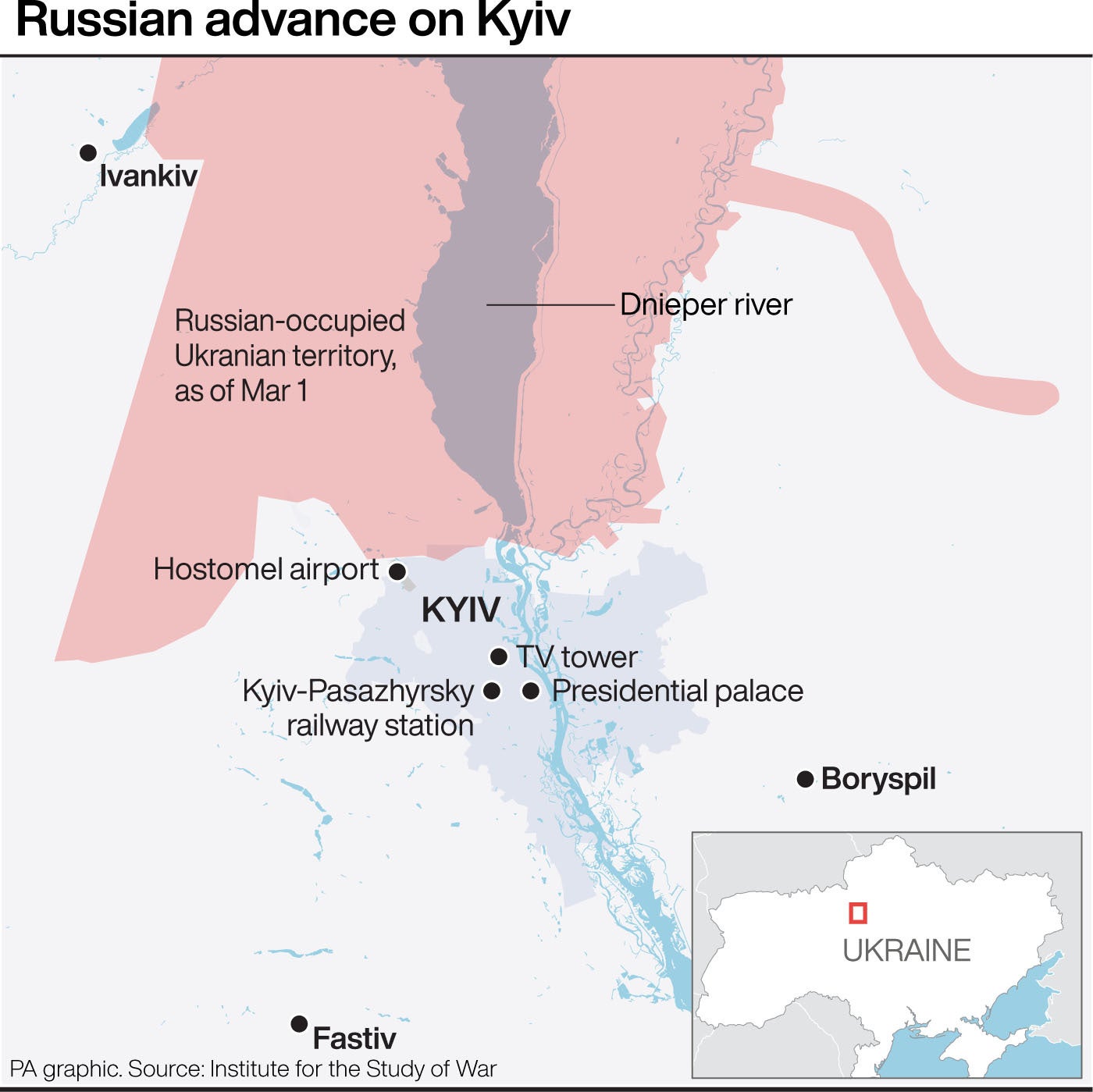
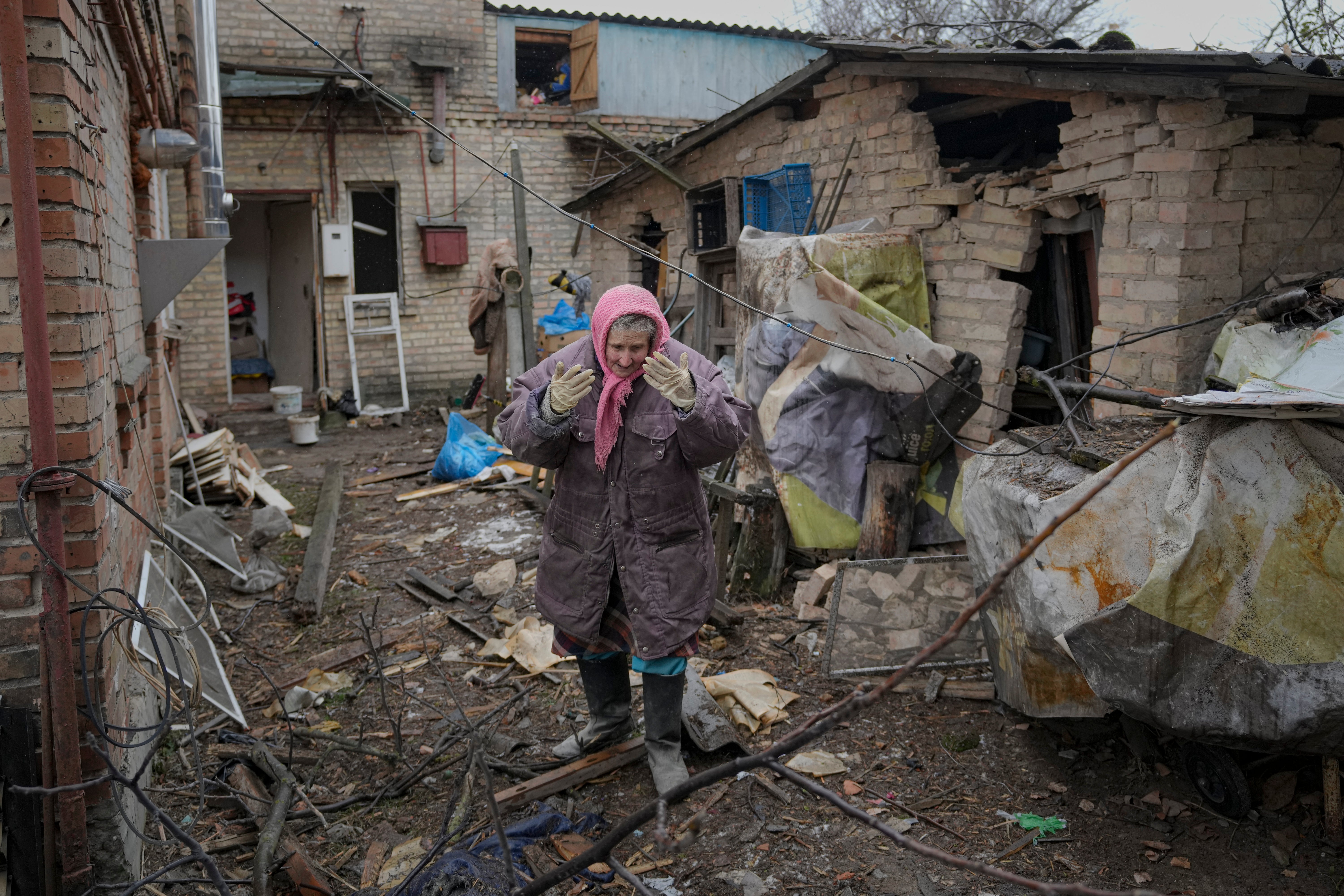
Belarus
The country, led by Mr Lukashenko, is the only nation in Europe supporting Russia’s assault on independent Ukraine.
He was controversially re-elected as president in August 2020, despite accusations from the opposition of a rigged election.
Mr Lukashenko relied on Moscow’s support during this period of time as Western powers criticised him for the 35,000 arrested and thousands beaten by the state after country-wide protests.
The close relationship between the two countries means that Moscow was able to deploy forces to Belarusian territory weeks earlier under the pretext of joint military drills and then sent them rolling into Ukraine as part of the attack that began last Thursday.
Mr Lukashenko’s support for Mr Putin and refusal to condemn the invasion has meant that Belarus has also been hit with sanctions by the EU and UK.
He has taken advantage of the invasion by trying to consolidate his power as part of constitutional reforms that would allow him to be president until 2035 and would also pave the way for stronger military cooperation with Russia.
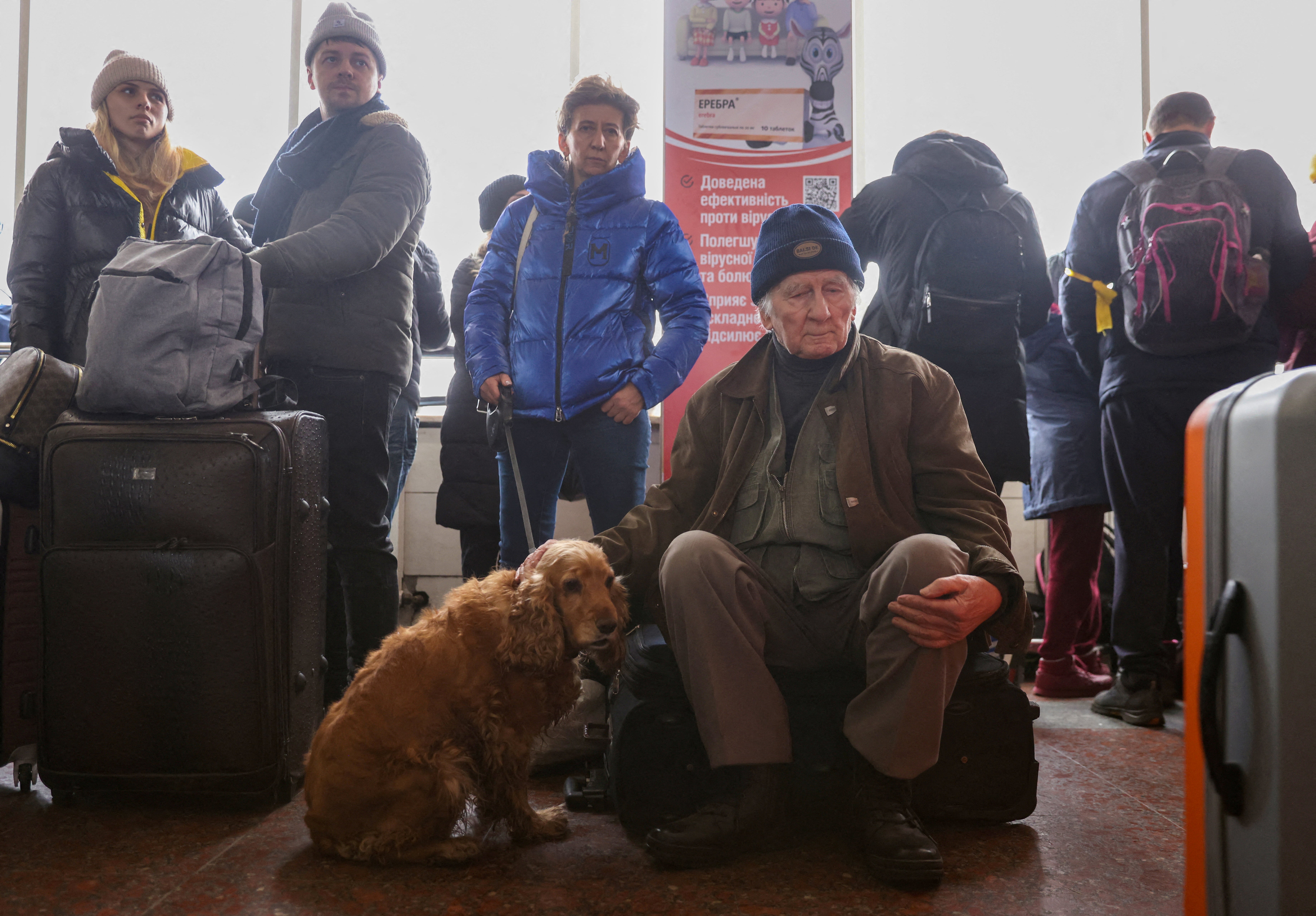

Poland
Poland is a member of the EU and Nato and has so far taken in the largest number of refugees from the conflict between Ukraine and Russia.
Deputy interior minister Pawel Szefernaker told private Radio Zet on Wednesday that more than 450,000 people have entered Poland from Ukraine since the invasion started on Thursday last week.
The country has spoken out against the threat that Russia poses in Europe. Polish prime minister Mateusz Morawiecki said on Tuesday: “Today we focus on the situation in Ukraine, because it is an existential threat to peace in Europe.”
He said Poland wanted the strongest possible sanctions to be introduced against Russia, including a ban on the import of coal.
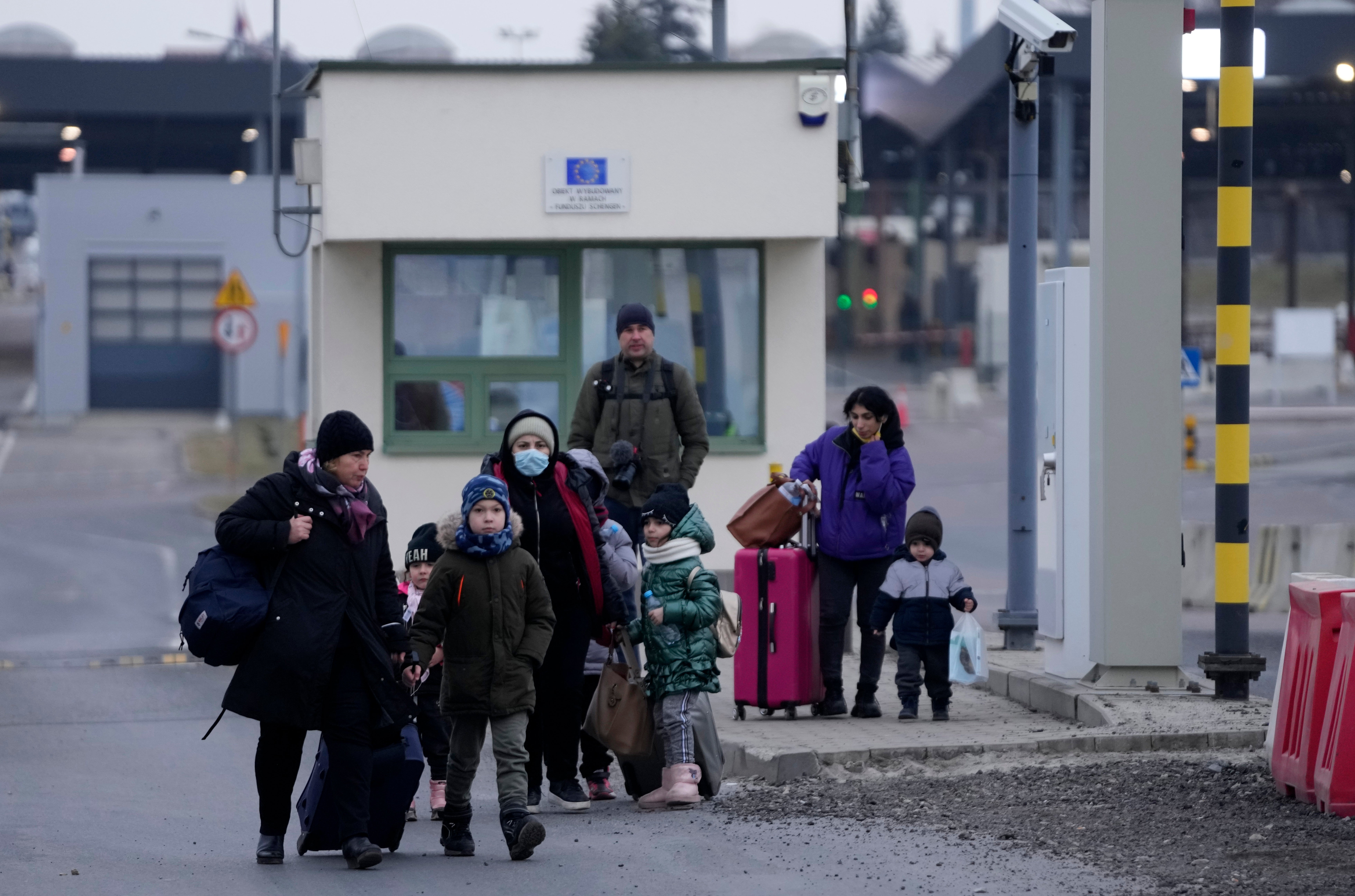
Latvia
Latvia is part of the EU and Nato and has condemned Russia’s invasion of the country, and has gone a step further in allowing in citizens to fight in Ukraine if they desire.
Latvia‘s parliament voted unanimously on Monday to allow its nationals to fight in Ukraine if willing, the parliament said in a statement.
They have also called for the EU to admit Ukraine into the trading bloc, and like many neighbouring countries is welcoming refugees from Ukraine.
The country has also stripped billionaire Pyotr Aven, who holds Russian and Latvian citizenship, of its highest civilian award for not condemning the Russian invasion of Ukraine, the Latvian president’s office said on Wednesday.
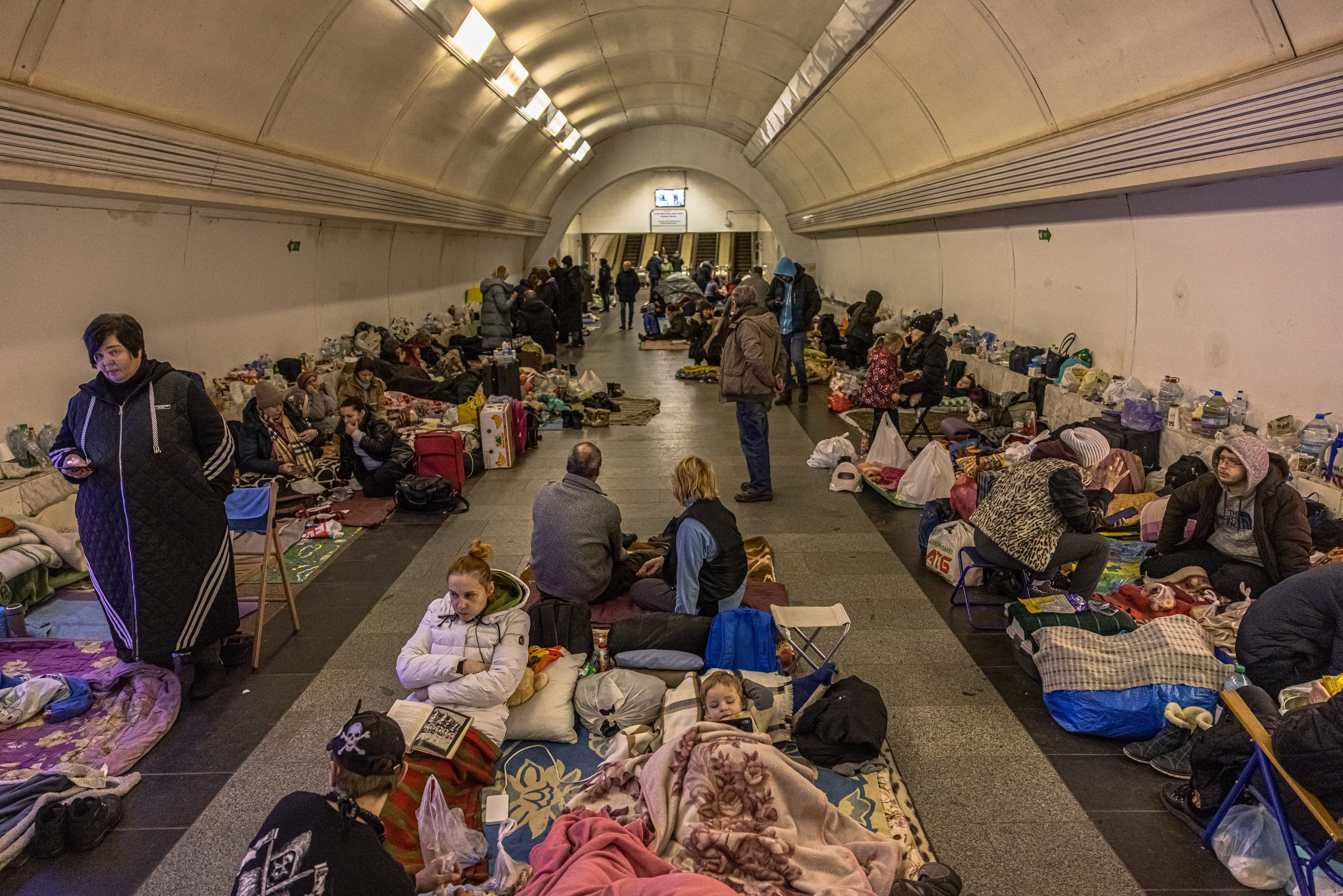
Lithuania
Lithuania is a member of Nato and the EU and has been fiercely critical of Russia and Belarus.
This week it said it wants the United Nations’ highest court to investigate alleged war crimes and crimes against humanity committed by Russia and Belarus.
Justice minister Evelina Dobrovolska said the proposal was sent to The Hague, Netherlands-based International Criminal Court.
The country has banned Russian airlines from using its airspace and has been deeply involved with EU members about further sanctions against Mr Putin’s regime. Like many neighbouring countries it is also accepting refugees from Ukraine.
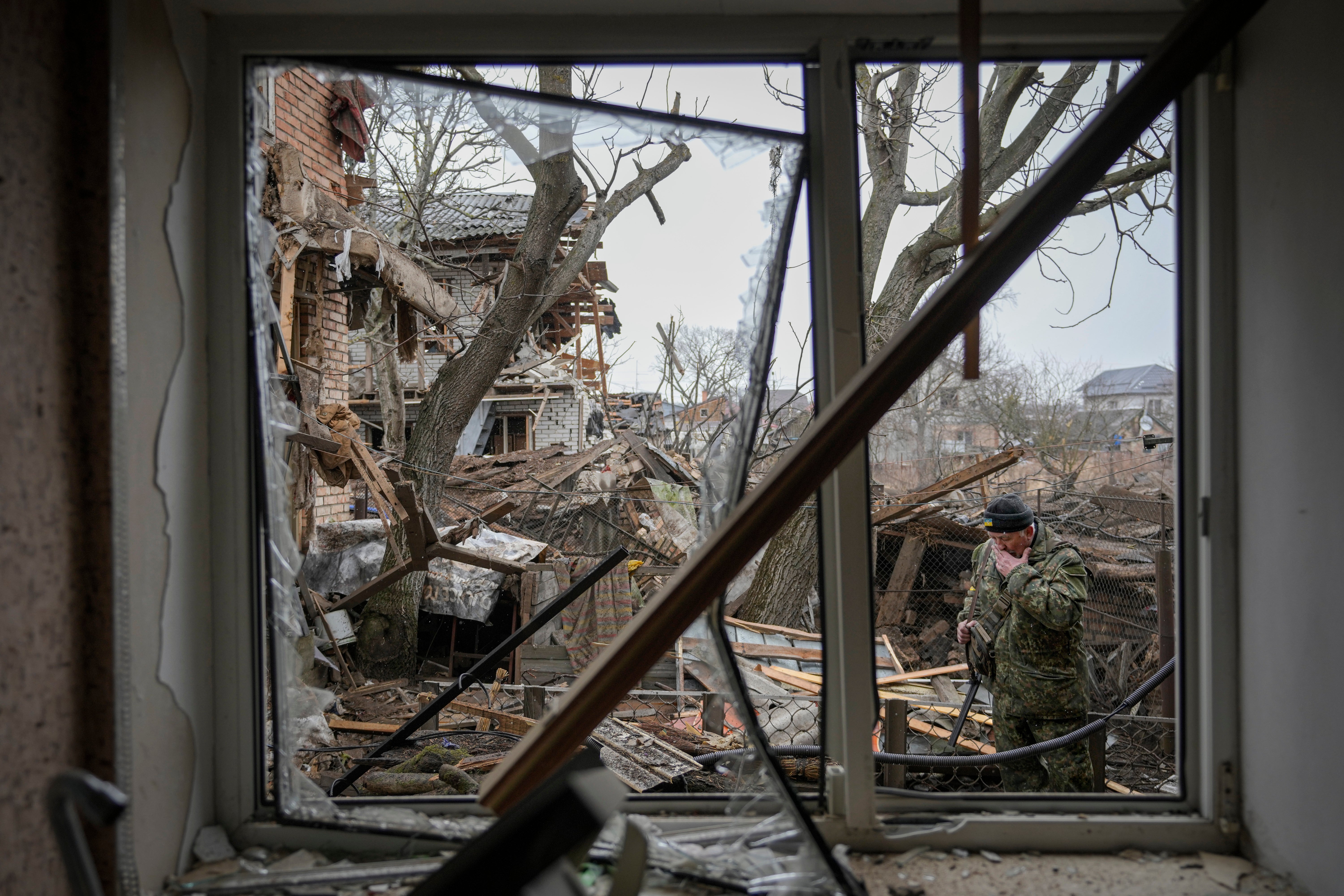
Estonia
The northern European country has consistently said it will support Ukraine and has called on Nato to improve its defences of the Baltic nations.
Estonian prime minister Kaja Kallas told a news conference on Tuesday after a meeting with Boris Johnson and Nato chief Jens Stoltenberg: “This includes, on land, establishing a permanent, increased forward presence. In the air, establishing a credible defence posture. And a sense of urgency in developing NATO’s upgraded defence plan.”
She added that her country will “continue to provide significant military, financial and humanitarian aid” to Ukraine. The country previously sent Javelin anti-tank missiles and anti-aircraft munitions to the country.
The first refugees from Ukraine arrived in Estonia on Monday. Minister of social security Signe Riisalo said the country is doing “everything in our power to help” refugees arriving.
Finland
Finland is in a difficult position as it shares a lengthy border with Russia and is not a current member of Nato.
Prime minister Sanna Marin said on Monday that is was “very understandable that many Finns have changed or are changing their minds” about membership of the defensive alliance after Russia’s invasion of Ukraine.
Despite the tense situation the country has scrapped a long-standing policy of not sending weapons to war zones and pledged 2,500 assault rifles, 150,000 bullets, 1,500 anti-tank weapons and 70,000 food packages for Ukraine, defence minister Antti Kaikkonen added.
Additional reporting by agencies







